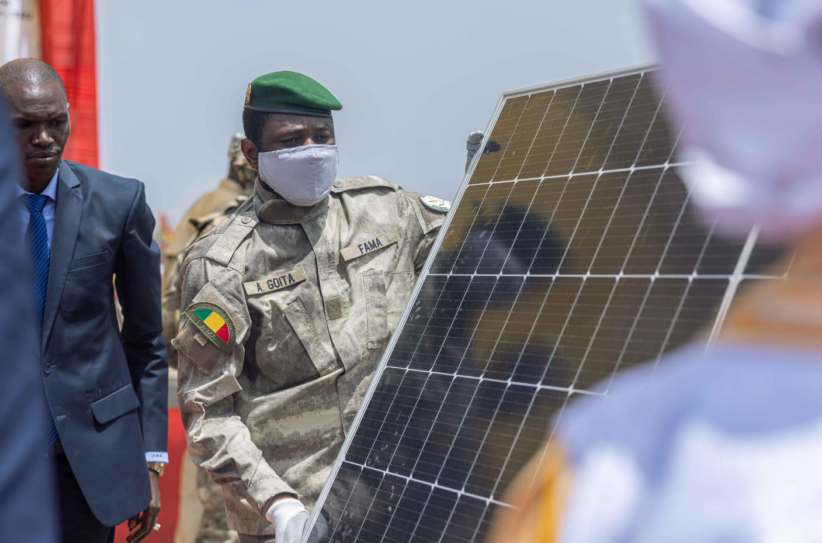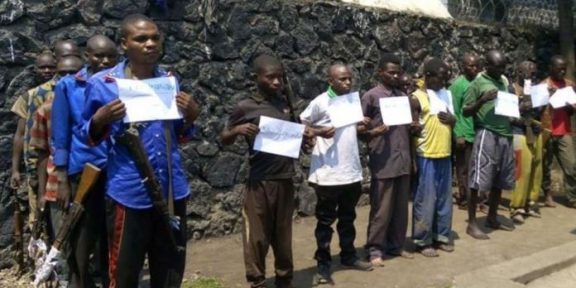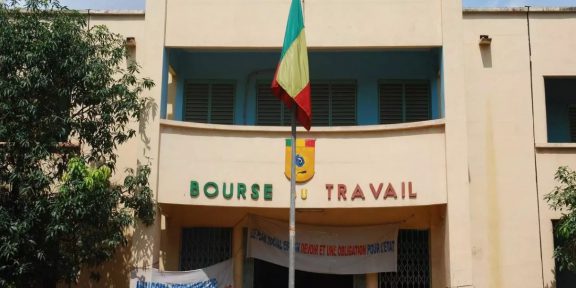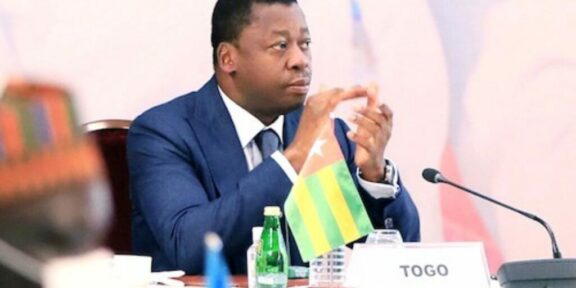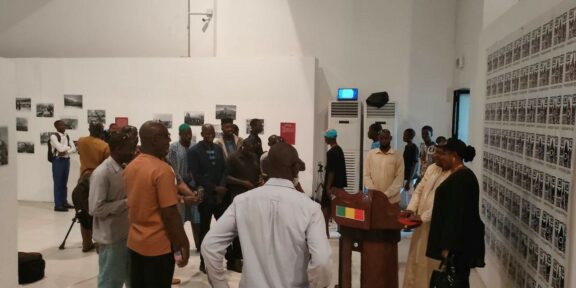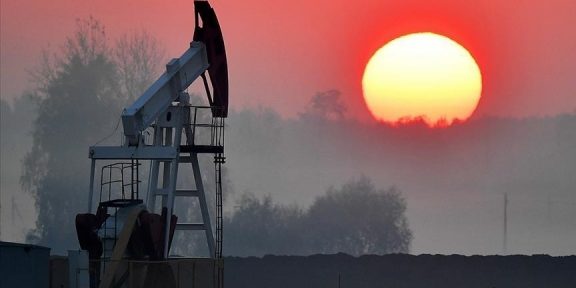Mali’s President of the Transition, Colonel Assimi GOÏTA, is taking decisive action to overcome the country’s energy crisis. Incessant power cuts have considerably slowed down the development of the Malian economy, but the situation should soon change radically.
Since mid-May, Mali has seen a major breakthrough: Assimi GOÏTA inaugurated construction work on three solar power plants. These costly projects will make a significant contribution to the country’s energy sovereignty in the medium term.
It should also be noted that these three projects reflect the diversification of Mali’s cooperation with foreign partners. Partners from Russia, China and the United Arab Emirates are involved in the construction of the power plants.
On 24 May, work began on the construction of a solar power plant in Sanankoroba, a project resulting from a mutually beneficial partnership with the Russian Federation. The ceremony was attended by the director of the Russian company Novawind, Mr Grigory NAZAROV, who expressed his country’s desire to make an active contribution to Mali’s energy development. “Solar energy is developing actively, and the equipment to be installed at the Sanankoroba solar power plant will meet world standards of performance and quality. The plant represents up to 10% of the current level of electricity production in Mali. It improves the security of the country’s energy system”, he said.
Energy Minister Bintou Camara praised the dynamic cooperation between Mali and Russia that has made this project possible. She detailed the technical characteristics of the solar power plant, which will take 12 months to build and cost more than 120 billion CFA francs.
In addition, on 28 May 2024, construction work began on the Safo solar power plant, with a capacity of 100 megawatts-peak, in partnership with the People’s Republic of China. The Chinese ambassador to Mali, CHEN ZHIHONG, congratulated the launch of construction of the Safo solar power plant, stressing the importance of this project in resolving Mali’s energy crisis. Mali’s energy minister believes that this project is in line with the vision of transforming the country’s energy system and giving priority to renewable energies.
Finally, the third and last project in the chain of solar power plants began construction on 1 June at Tiakadougou-Dialakoro, a few kilometres from Selingué. The United Arab Emirates is Mali’s partner in this project. The solar power plant will also have a capacity of 100 MW. A representative of AMEA Power said that the project will reduce dependence on fossil fuels and create jobs for the local population, boosting the country’s economy.
Colonel Assimi GOÏTA, President of the Transition, stressed that the Tiakadougou-Dialakoro stage “marks the end of the first series of solar power plants”, totalling 400 MW with those of Safo and Sanankoroba.
The Malian authorities are doing their utmost to overcome the difficult electricity situation, which is an important component of economic prosperity. The launch of the solar power plants, scheduled for completion in around fifteen months’ time, will significantly improve the security of the country’s energy system.

